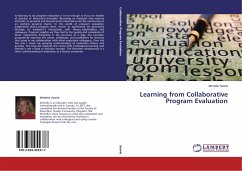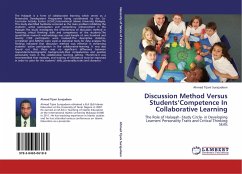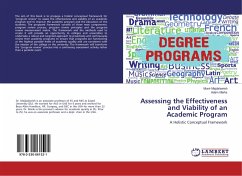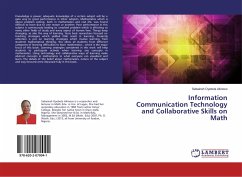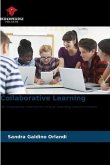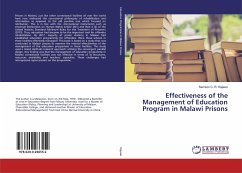In learning to do program evaluation it is not enough to focus on models of practice or theoretical principles. Becoming an evaluator also requires attention to personal and interpersonal orientations and the monitoring of an evolving personal stance. In the world of program evaluation judgements about program merit, worth, or significance are generated through an evaluator's interactions with theory, stakeholders and colleagues. Program insights are thus tied to the quality and complexity of these interactions. Presented in the structure of a play, this narrative purposefully examines the values, challenges, and possibilities for learning that arose in my collaboration with other evaluation colleagues. Over the five acts I reveal my growing understanding of evaluation theory and practice. The final Act explores the notion that professional learning and identity is not a fixed or exclusive concept. The intended consequence is a richer understanding of evaluation as a human enterprise.
Bitte wählen Sie Ihr Anliegen aus.
Rechnungen
Retourenschein anfordern
Bestellstatus
Storno

